Liberia is still battling with a wide range of socio-economic challenges partly steming from the war between 1989- 2003 and most recently, Ebola. Today, the country is termed as one of the world’s poorest countries, fragile to conflict and susceptible to more disease outbreaks. It is characterized with high levels of poverty, lack of access to social services like health care and poor infrastructure. Worse-off, its high population growth rate of 2.56% each year has positioned it as of the countries with a high population of approximately 5,267,926 according to the latest United Nations data projections.
At the same time, the country is endowed with natural resources such as iron ore, diamonds, gold, forest cover, lakes , rivers and fertile soils for agriculture. It has over time, recorded growth especially in the mining industry through increased exports in rubber , cocoa and palm oil which has contributed to more employment opportunities to the growing population and revenue to the government.
Despite the abundance of fertile soils for farming and with agriculture being central to Liberia’s vision for economic transformation, the country continues to face food insecurity. On average, 1 in 5 households in Liberia is food insecure and 2 in 5 households are marginally food insecure. Even though the country has recorded success in reducing chronic malnutrition rates from ‘critical’ to ‘serious’ levels according to the World Health Organization classifications, food insecurity is still evident. This has been due to lack of adequate support especially to small holder famers who play a key role in sustaining food value chains. They lack fertilizers to increase crop yields, poor financial policies that frustrate their bank loans application , lack of farming technology for irrigation and effective post-harvest storage, poor seeds and breeding stock among others. Worse-off, the impact of climate change has exacerbated food price volatility in the country.
Fully addressing food insecurity in Liberia, will require the government to enact policies geared towards accelerating Climate Smart Agriculture(CSA). CSA sustainably increases productivity, enhances resilience (adaptation), reduces greenhouse emissions (mitigation) where possible and enables achievement of national food security and development goals. This will be achieved by scaling up CSA practices across the country, strengthening CSA research, and supporting climate , agrometeorological, food value chains and advisory services.
We are in Liberia on a stakeholder engagement exercise to map key priorities for the country’s food system. We hope this exercise will set centre stage and offer national guidance on fully transforming the country’s food systems as a strategy for strengthening food security.

